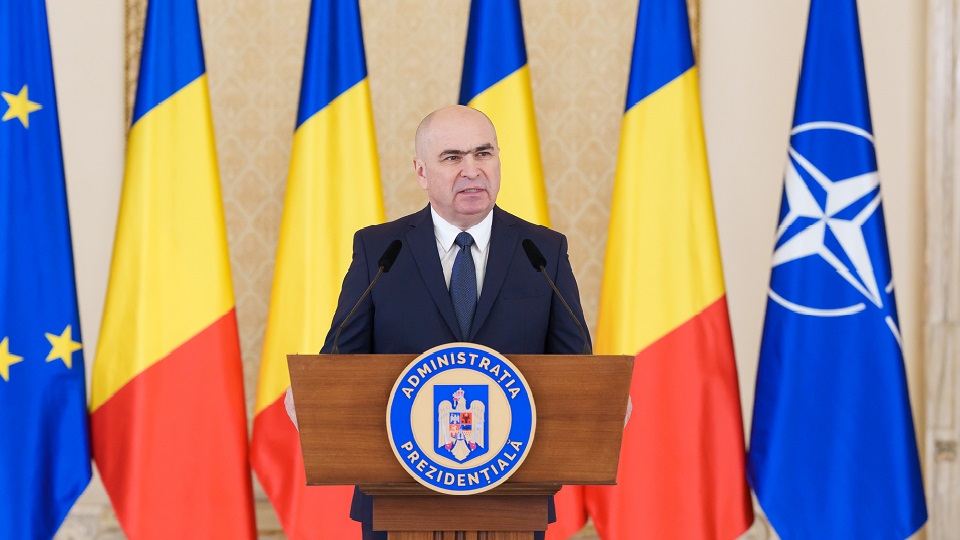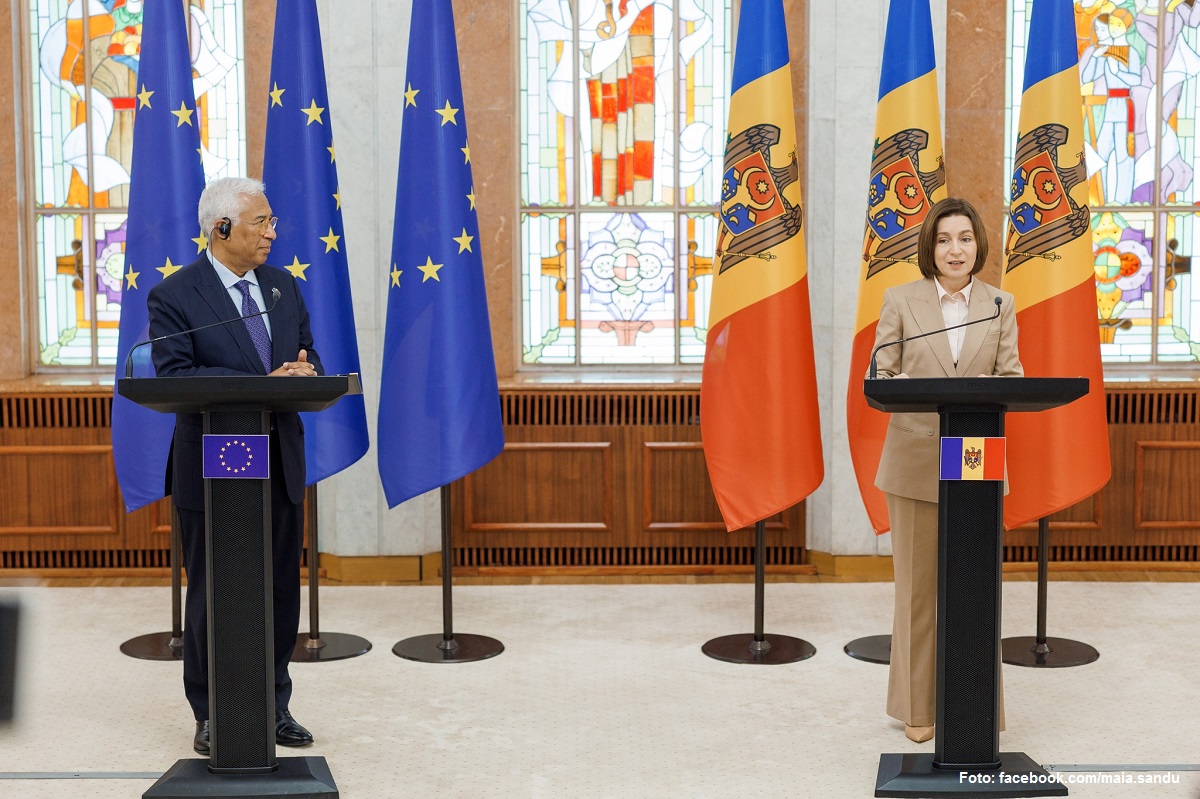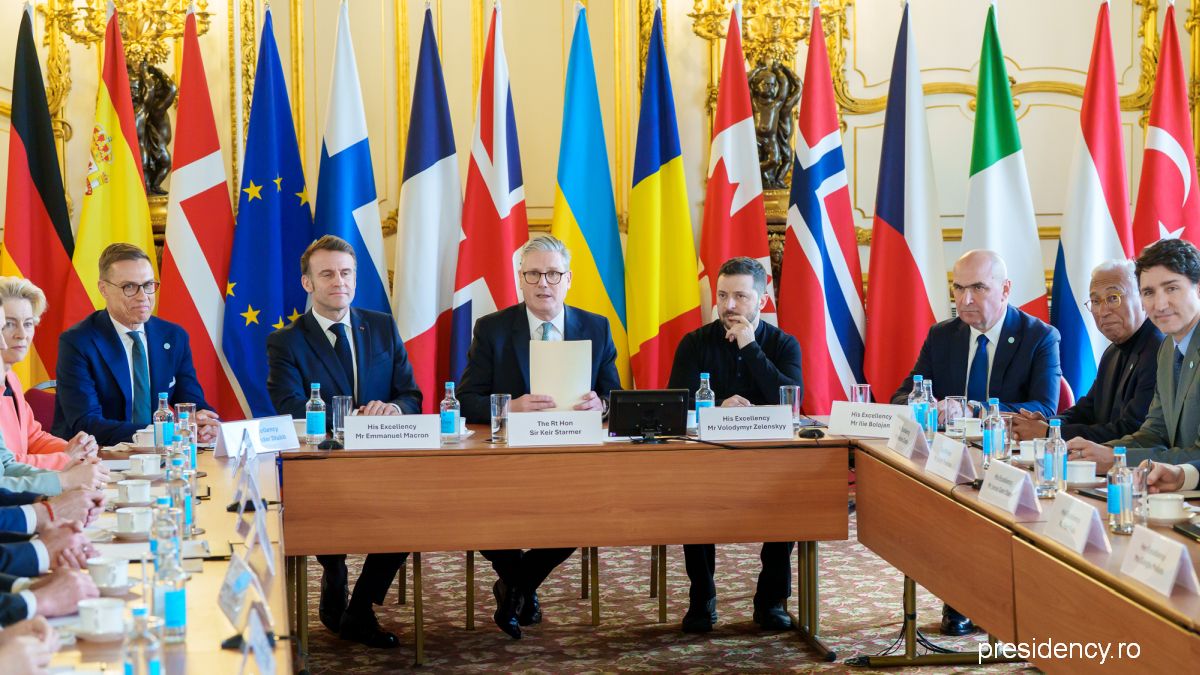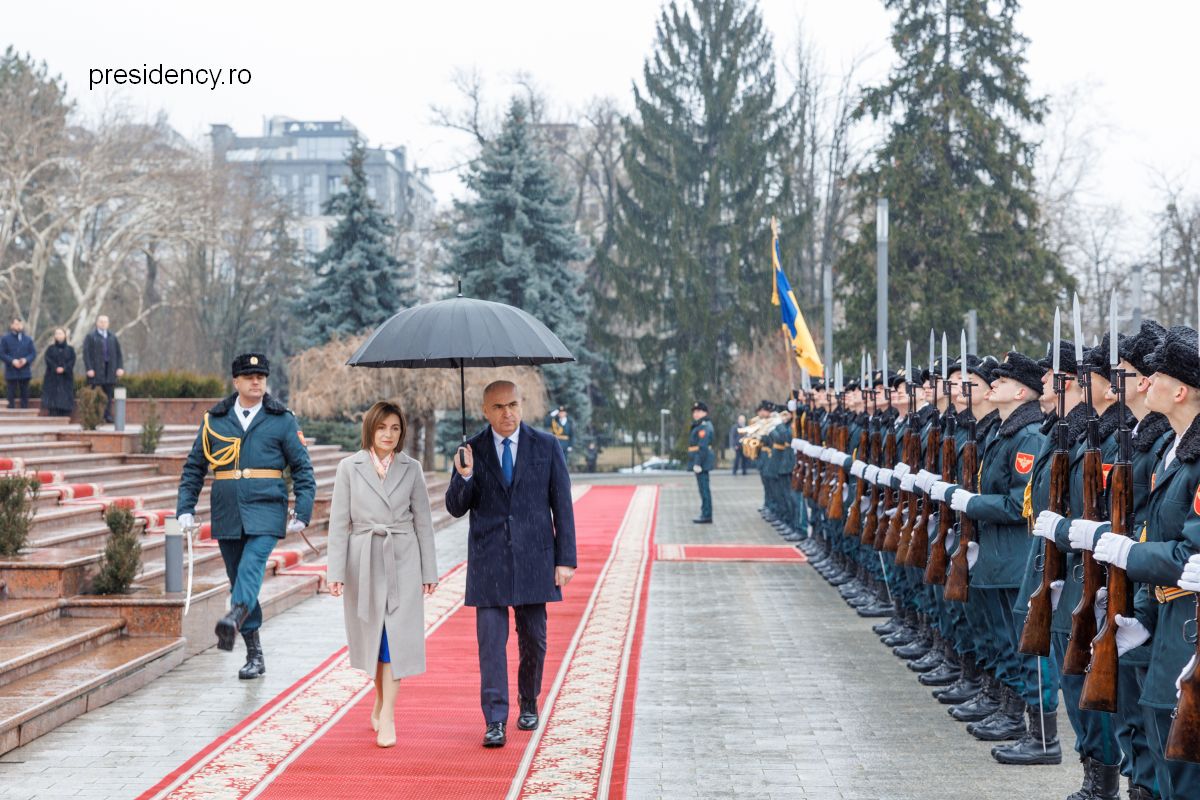European Funds
Analysts unanimously believe that European funds should have been the safety belt of the Romanian economy, which has been in a prolonged period of convalescence after the global economic crisis. However, the Romanian authorities have left the impression that they did not want to use the European money as a tool to compensate for the drawbacks brought about by the global crisis, such as the reduction of the budget for investments, the draconic austerity measures and the abrupt decline of the private sector.

Florentin Căpitănescu, 14.01.2014, 12:53
Analysts unanimously believe that European funds should have been the safety belt of the Romanian economy, which has been in a prolonged period of convalescence after the global economic crisis. However, the Romanian authorities have left the impression that they did not want to use the European money as a tool to compensate for the drawbacks brought about by the global crisis, such as the reduction of the budget for investments, the draconic austerity measures and the abrupt decline of the private sector.
So, out of the more than 19 billion euros allocated to it from the European budget between 2007-2013, Romania managed to absorb only 33.47%. And to rub more salt in Romania’s wound, the European Commission has recently announced that, in terms of accessed European funds, Romania ranks last among community states. Nevertheless, the Bucharest officials seem willing to repeat history, actually the recent history of failure caused by their inefficiency in attracting European money.
On Monday the European Commission said that Romania did not learn the lesson of un-accessed European funds. More exactly, the Brussels officials claim that Romania’s first version of the partnership agreement for the use of community funds in the 2014-2020 period lacks strategic vision, is rather vague and does not prove that Romania has learnt anything from its previous unhappy experience in accessing European funds.
These observations have been conveyed through Romania’s mission to Brussels, based on the first version of the partnership agreement finalized in October. In the agreement the Romanian authorities explain the way in which they intend to absorb the European funds allotted to Romania under the new EU budget. Shortly after the EU leveled its criticism against Romania, the Romanian Ministry for European Funds has announced it has taken note of the European Commission’s observations, promising to pay attention to them when drawing up the final form of the partnership agreement.
The main opposition party, the Liberal Democratic Party now demands the resignation of Minister for European Funds Eugen Teodorovici. The Liberal-Democratic Party advocates the need for a serious public consultation to be held on the topic, for the agreement to be drafted again and discussed by the expert parliamentary committees.






























